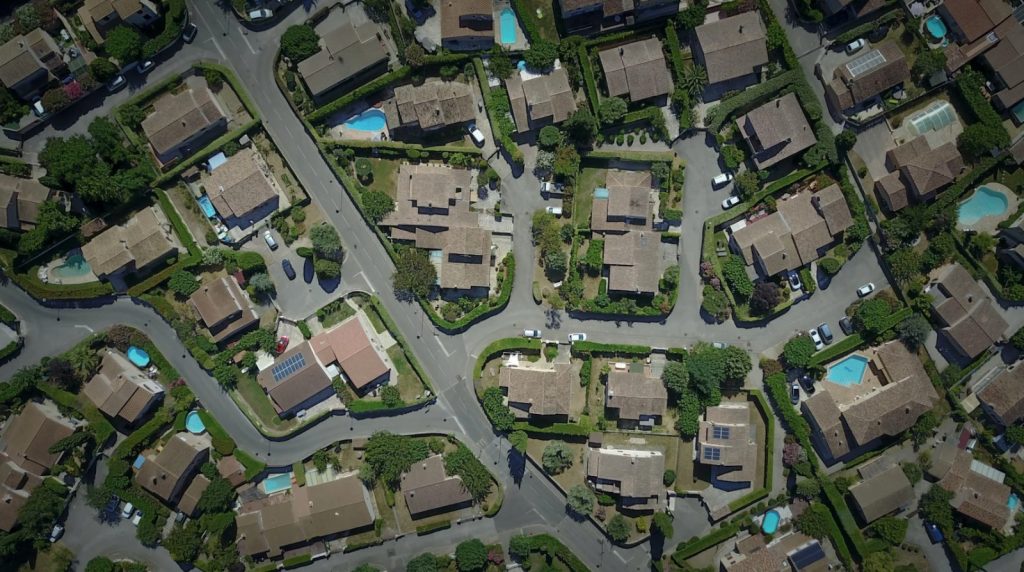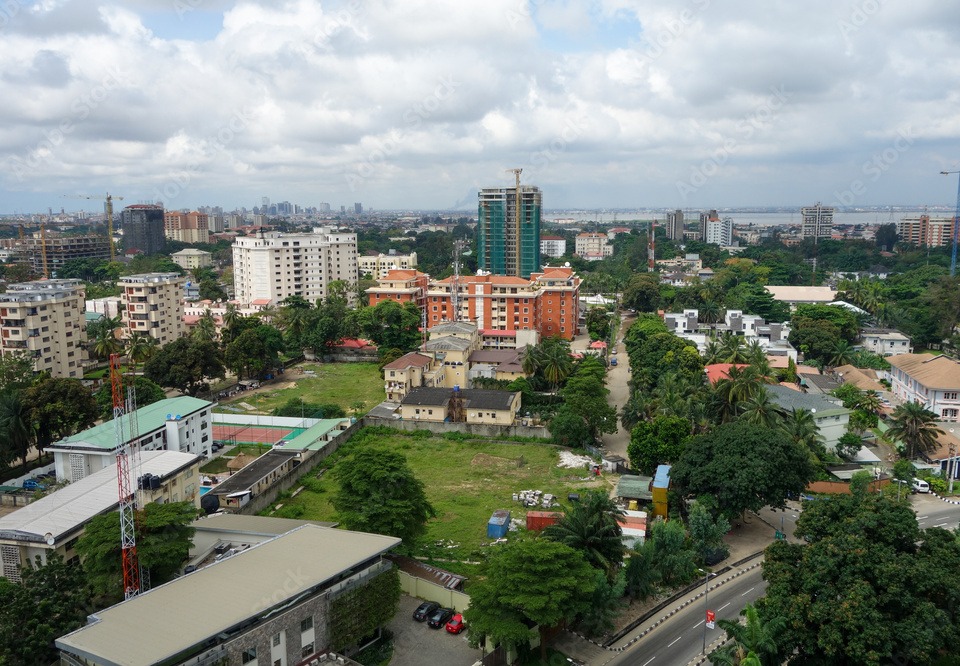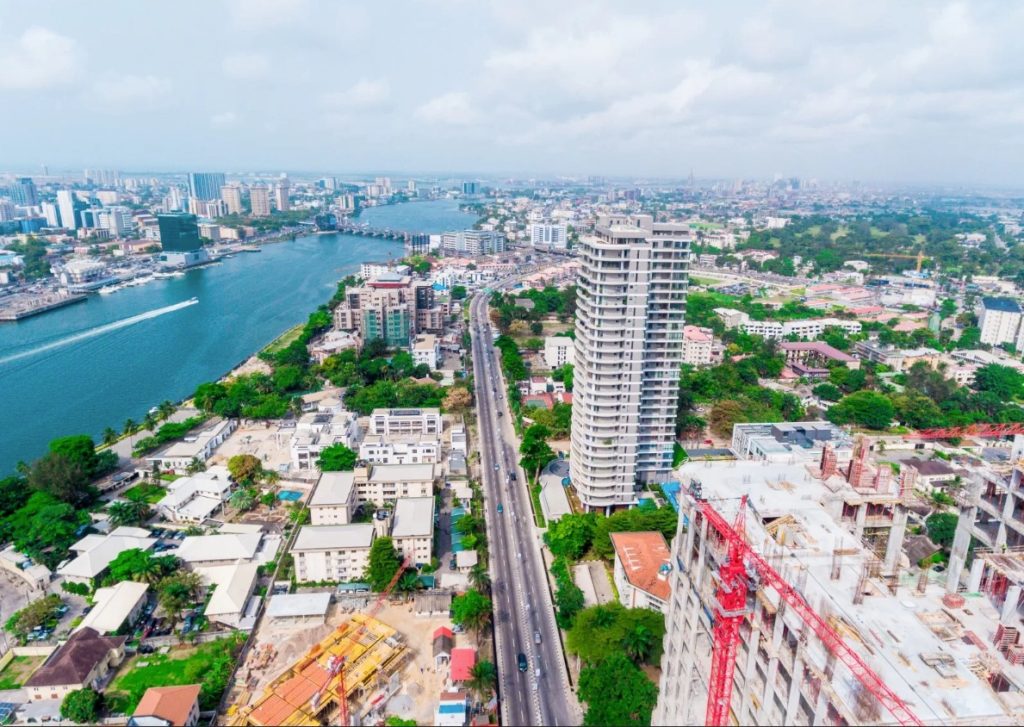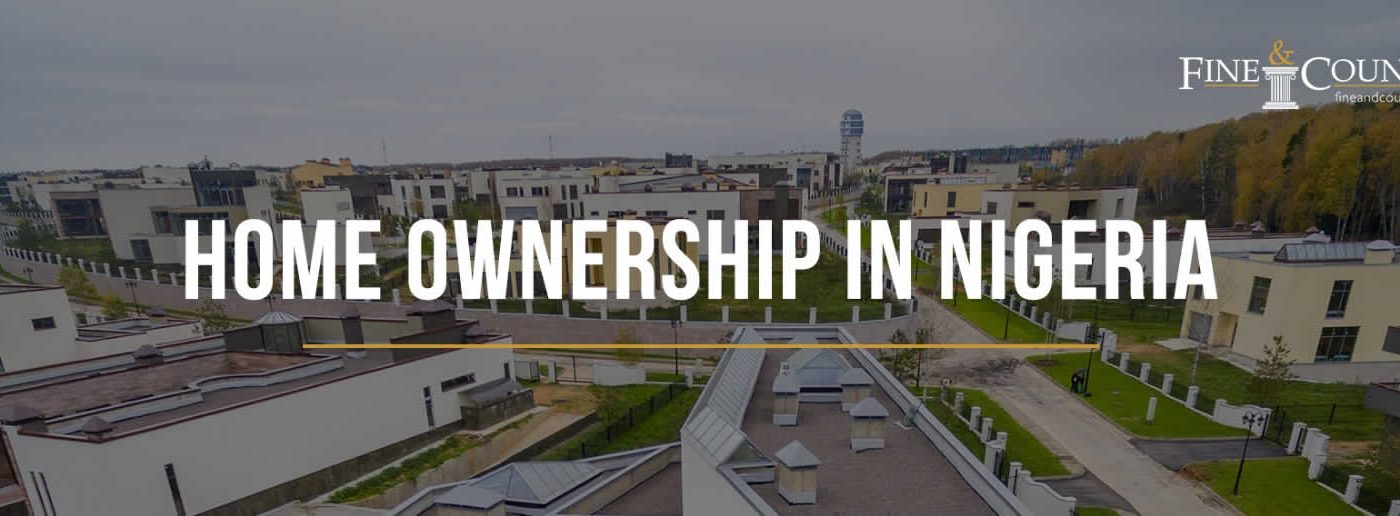Eco Friendly Homes
As the population grows and urbanisation continues, it’s imperative for Nigeria to shift its focus towards eco-friendly homes for the future of real estate. In this video, we explore the reasons why embracing sustainable and environmentally conscious housing is vital for Nigeria’s future.
Nigeria is blessed with abundant natural resources and breathtaking landscapes. However, rapid urbanisation and industrialisation have taken a toll on the environment. Deforestation, air and water pollution, and the increasing carbon footprint are significant challenges that need to be addressed. Embracing eco- friendly homes is a critical step towards mitigating these environmental issues.
Eco-friendly homes, also known as green homes, incorporate sustainable design principles and energy-fficient technologies. These homes are designed to minimise environmental impact while providing a healthy and comfortable living environment for residents. By adopting eco-friendly homes, Nigeria can achieve several significant benefits.
First, it reduces the carbon footprint by minimising energy consumption and utilising renewable energy sources. This leads to a significant reduction in greenhouse gas emissions, combating climate change and contributing to a more sustainable future.
Eco-riendly homes often integrate renewable energy sources such as solar panels, which provide clean and sustainable electricity. Additionally, rainwater harvesting systems allow residents to collect and reuse rainwater for non-potable purposes such as watering gardens and flushing toilets. These eco-friendly features reduce reliance on conventional energy sources and decrease water consumption.
Beyond the environmental advantages, eco-friendly homes also offer several benefits for residents. These homes prioritise energy efficiency, which leads to lower utility bills and long-term cost savings. Additionally, the use of non-toxic building materials and improved indoor air quality contribute to healthier living environments, reducing the risk of respiratory ailments and allergies.
Embracing eco-friendly homes in Nigeria is not only beneficial for the environment and residents’ health but also presents a significant market opportunity. With the increasing global focus on sustainability, eco-friendly homes have a higher market value and appeal to environmentally conscious buyers. This can attract both local and international investors, fostering economic growth and development.
Transitioning to eco-friendly homes also promotes the creation of sustainable communities. These communities often incorporate green spaces, sustainable landscaping, and pedestrian-friendly designs, enhancing the quality of life for residents. They provide spaces for recreational activities, improve social interaction, and contribute to a sense of well-being and community pride.
Nigeria stands at a pivotal moment in its real estate development. Embracing eco- friendly homes not only addresses pressing environmental challenges but also brings numerous benefits for residents, the economy, and the overall well-being of communities. Let us embrace the future of real estate by turning to eco-friendly homes and building a sustainable Nigeria for generations to come.












